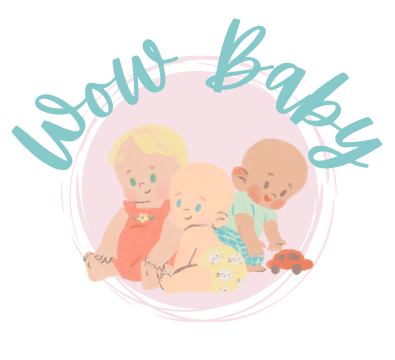Environmental cost of nappies
Both disposable and cloth nappies have an impact on the environment.
Disposable nappies
Disposable nappies create hundreds of thousands of tonnes of landfill around the world every year. And the manufacturing of disposable nappies uses a lot of water and energy, which adds to their environmental impact.
You can reduce the environmental impact of disposables by flushing poo, rather than putting it in the bin.
Cloth nappies
The biggest environmental impact of cloth nappies happens during their use. You have to use detergents, water and energy for rinsing, washing and drying cloth nappies.
You can reduce the environmental impact of cloth nappies by:
- not flushing nappy liners, even if they’re advertised as flushable
- using biodegradable, phosphate-free detergents
- buying plenty of nappies so that you can wait for a full load of washing without running out of clean nappies
- hanging nappies to dry, instead of using a clothes dryer
- not using fabric softener
- using a front-loading washing machine, which will use less water
- using them on a second child.
Convenience
Disposable nappies might be more convenient than cloth nappies, especially when you’re out.
You could consider using cloth nappies at home and disposables when you’re out.
Nappy performance
Some types of nappies leak less or need fewer changes. For example, you’ll need to change cloth nappies more often than highly absorbent disposable nappies.
You could consider using cloth nappies during the day and disposables overnight.
Environmentally friendly disposable nappies
If cloth nappies aren't for you and disposable nappies suit you best, try to make ecofriendly choices, such as Ecoriginals.
Ecoriginals are founded on research and development with a keen focus on designing out waste and offsetting our environmental impact.
Key features are:
- Compostable paper nappy packaging
- 90% biodegradable nappies
- 100% home compostable bamboo wipes
- Manufacture in NZ using renewable energy
Ecoriginals 90% biodegradable nappies with super absorbency = less nappies used and less residual waste.
Your plastic impact with Ecoriginals is zero.
Compare that with standard disposable nappies with plastic or blended layers that have as much as 200g of plastic being discarded each day*.
*Assumes average nappy weight of 50g and 5 nappies used per day.



